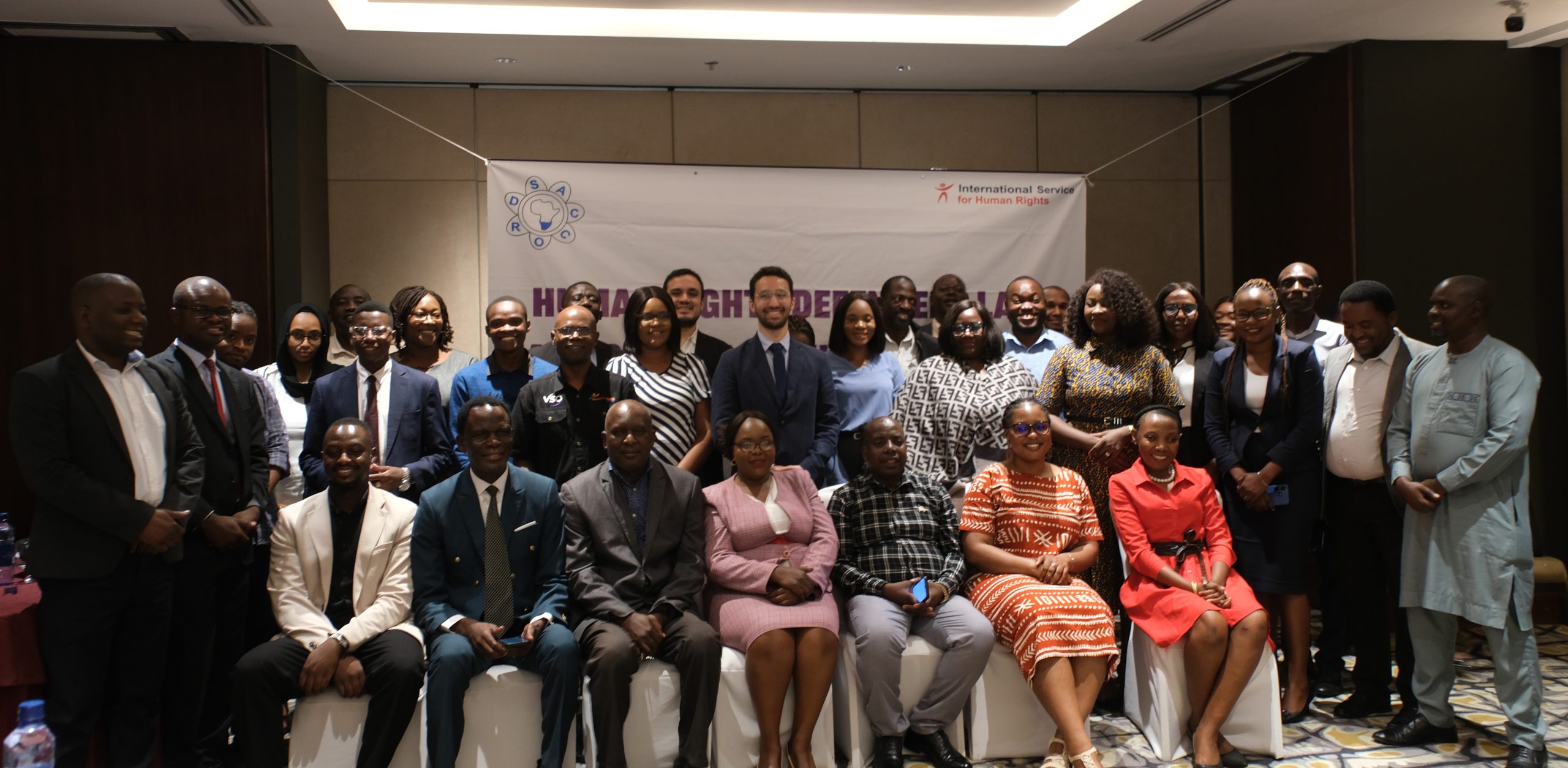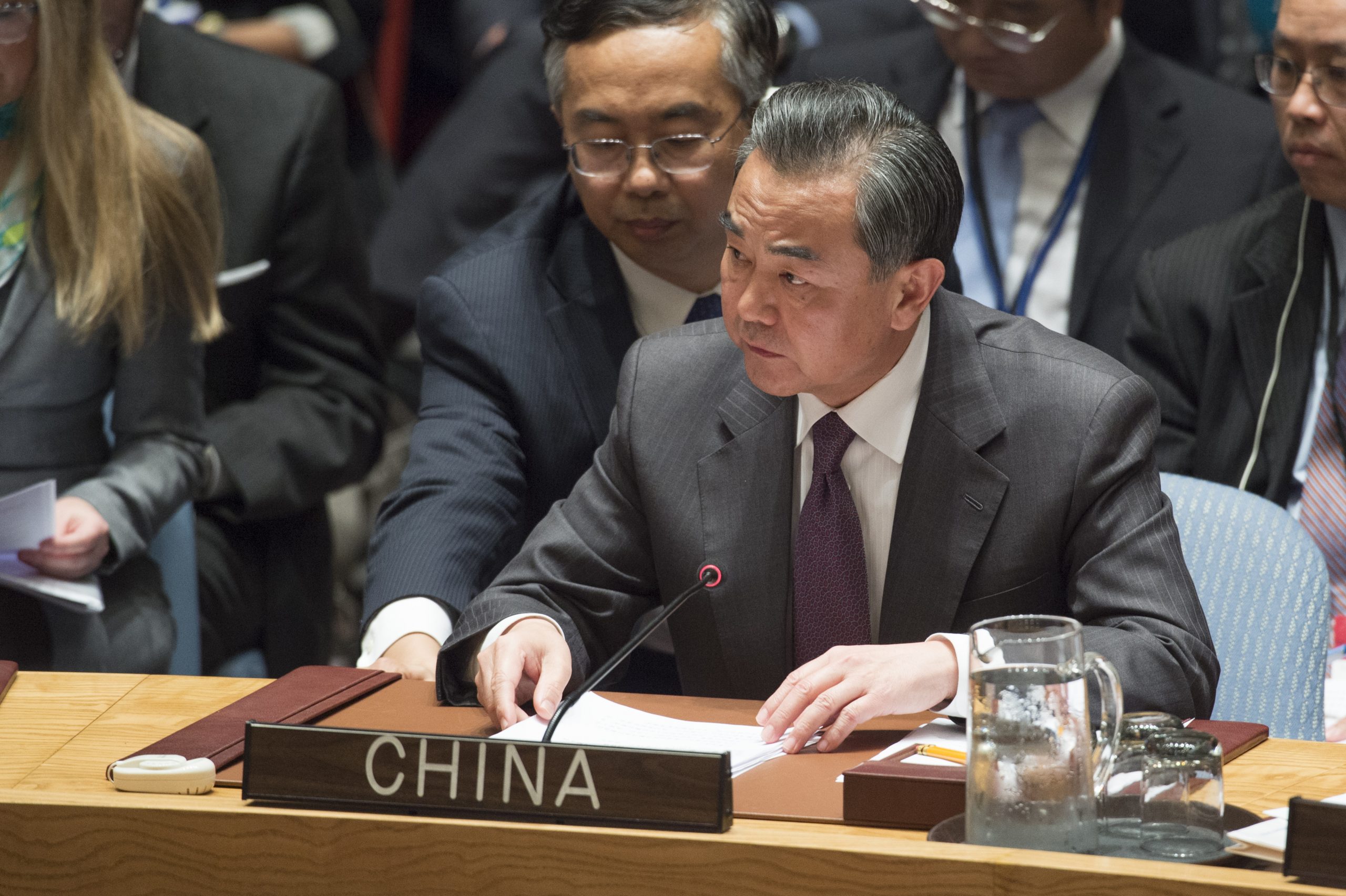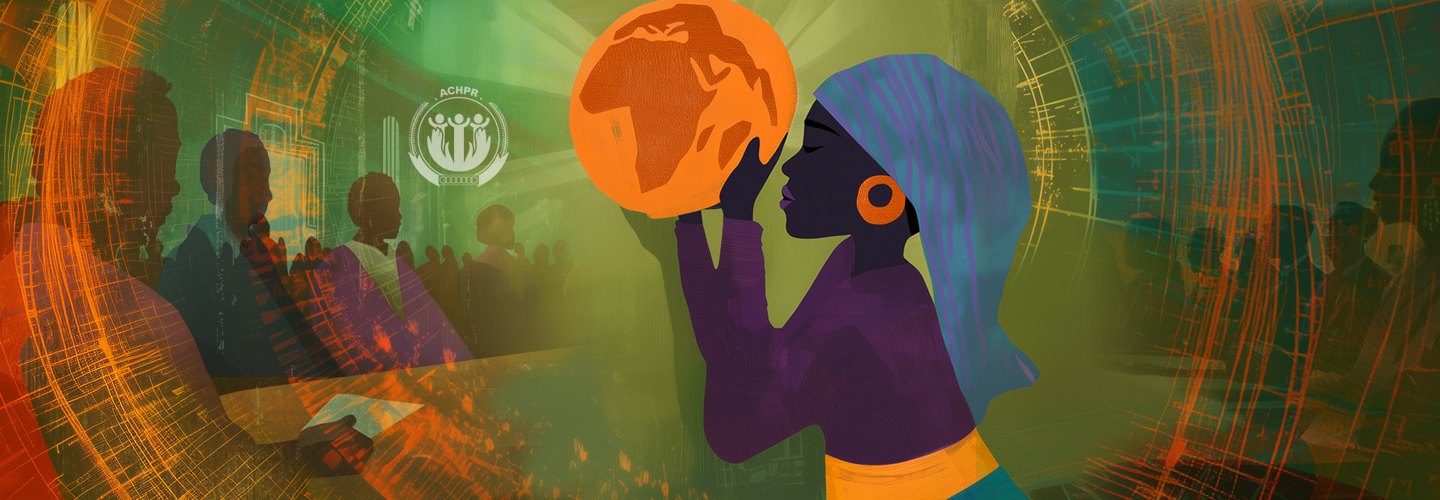请点此阅读中文版
When it comes to China, UN human rights experts seem to have had enough. In a bombshell of a statement issued last Friday, more than 50 eminent experts appointed by the Human Rights Council expressed deep concern about the human rights situation in country. They pointed out that China’s response has been ‘almost always to reject criticism’, and to ignore their efforts to gain access to the country and retaliate against civil society who provide them with information.
In light of the ongoing human rights crisis in Xinjiang and the all-too-present one in Hong Kong, the experts called for ‘renewed attention’ and ‘decisive action’ on China, and set out a menu of options for the Council, UN agencies, and governments to consider.
Yet in her update at the opening of the Human Rights Council, the High Commissioner noted just briefly violations of freedom of expression in China, among other countries, in the context of COVID-19 responses. Her relative silence on the issue contrasted with a video intervention from Hong Kong Chief Executive Carrie Lam. With characteristic tact, the Chinese mission had requested an exception to the rule be made for the Council to hear from Lam, who has been under fire for her handling of protests and refusal to hold the Hong Kong Police Force accountable. Despite time constraints, Lam’s lack of seniority, and concerns about ‘efficiency’, Council leadership approved China’s request as an ‘exception’, and Lam spent seven minutes defending her actions, and China’s national security project, without wavering from the party line.
Agreeing with UN experts, ISHR’s Sarah Brooks said: ‘The success of any call for action to monitor and document violations starts with the willingness of States to actually respond to such a call.’
‘In geopolitical terms, this means standing up to China.’
This has not been easy in the past, says Brooks. Only twice, in 2016 and 2019, have countries issued joint statements at the Human Rights Council raising concern about China’s human rights record. And only once has such a statement been read in the halls of the Palais des Nations in Geneva.
The imminent threat to Hong Kong’s autonomy and democratic institutions, however, proved compelling enough for twenty-seven states to speak out. The joint statement delivered by the UK on 30 June reiterated concerns about widespread repression against Uyghurs, but focused squarely on the imposition of the National Security Law in Hong Kong, which we now know is flawed by any human rights measure imaginable.
The governments also urged High Commissioner Michelle Bachelet to provide the Council with ‘regular information’ on the human rights situation in Hong Kong and Xinjiang. While the High Commissioner has made occasional statements, she rarely raises concerns that reflect the gravity or severity of the situation in China – whether in press releases or Council speeches. The call by a cross-regional group of States to speak publicly in light of widespread and systematic violation is an open invitation that, as the UN’s top human rights official, she must take seriously.
Did this statement stop China from implementing the legislation? No. And the chilling effect on rights defence and free speech in Hong Kong is already palpable, online and off, with more than 300 protesters arrested within hours of the law entering into force.
But sustained attention to China at the Council does have value, Brooks insists.
‘These statements highlight the best of the Council – namely, the unvarnished truth of widespread and systematic violations in China exposed by the eminent experts – and the worst – the unwillingness to be principled when political and economic power like China’s is at play.’ The absence from the joint statement of many governments who are nominally supportive of fundamental freedoms, in Europe and beyond, is telling, note activists, with EU countries that failed to join including Italy, Spain, Portugal, Hungary, Poland and Greece.
Most importantly, says Brooks, these statements show Hong Kongers that they’re not being ignored by governments; Hong Kongers can then use those governments’ words to push for concrete actions. In addition to more diplomatic pressure, sanctions, and asylum or refuge policies, many in civil society – and among former UN officials and experts – have called for the Secretary-General to appoint a Special Envoy on Hong Kong.
As it becomes clear that China’s national security increasingly has an impact on global human rights, and that the time for quiet diplomacy is long gone, a Special Envoy may be just what is needed.
For comment, please reach Sarah M. Brooks (EN/ZH) at [email protected] or @sarahmcneer, or Raphaël Viana David (FR/ES) at [email protected] or @vdraphael.
Credit: UN Photos (NY)




